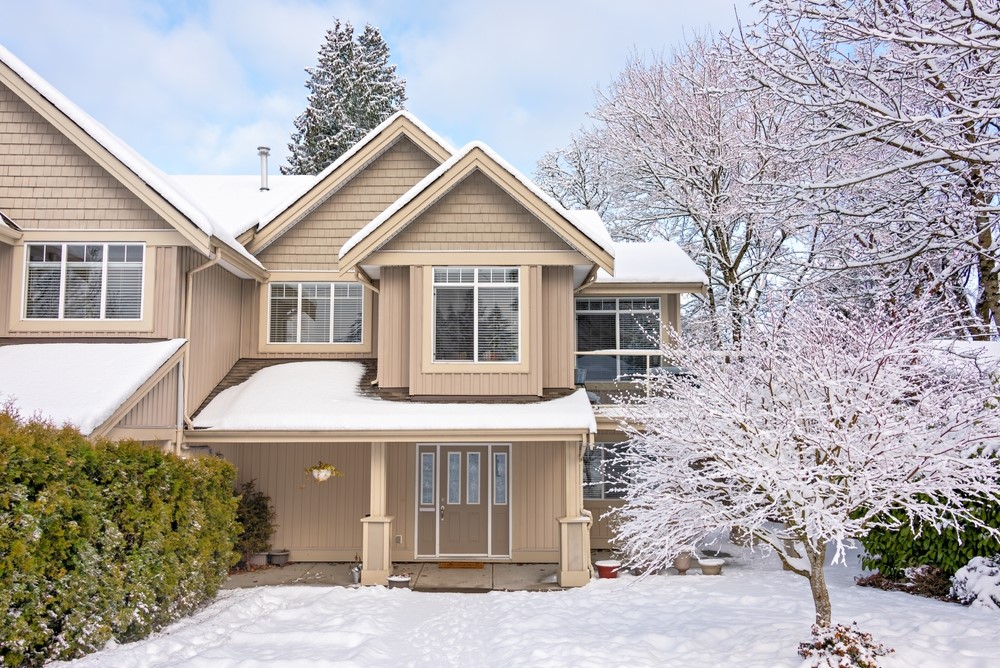Pipe Burst and Water Damage: Does Your Home Insurance Have You Covered?

Experiencing a burst pipe and water damage in your home is stressful and costly. Does your home insurance policy cover the water damage?
Let’s take a look at the specifics of home insurance and how it covers burst pipes.
Understanding home insurance coverage for burst pipes
Home insurance policies are designed to protect homeowners from unexpected events that cause damage to their property. When it comes to water damage from burst pipes, coverage largely depends on the circumstances leading to the incident.
Sudden and accidental damage
Most standard home insurance policies cover water damage resulting from sudden and accidental events. If a pipe bursts unexpectedly and causes water damage, your policy is likely to cover the repairs to your home and personal belongings.
It’s important to note that while the damage caused by the water is covered, the cost to repair or replace the burst pipe itself may not be included. This is because the pipe's failure could be attributed to wear and tear, which is typically excluded from standard policies.
Negligence and lack of maintenance
Insurance companies expect homeowners to maintain their properties adequately. If a burst pipe is determined to be the result of negligence or lack of maintenance—such as failing to repair a known issue or not keeping the home adequately heated during winter months—the resulting damage may not be covered. For instance, if you neglect to fix a minor leak that eventually leads to a pipe bursting, your insurer might deny the claim on the grounds of improper maintenance.
Preventive measures and responsibilities
To ensure coverage in the event of a burst pipe, it's essential to take preventive measures:
- Regular maintenance: Inspect your plumbing system periodically for signs of wear, corrosion, or leaks. Address any issues promptly to prevent escalation.
- Proper insulation: In colder climates, insulate pipes to prevent freezing, which can lead to bursting. Ensure your home is adequately heated, especially during winter months.
- Monitor water pressure: High water pressure can strain pipes. Install a pressure regulator if necessary to maintain safe levels.
- Install leak detection systems: Modern technology offers leak detectors that can alert you to potential issues before they become significant problems.
Understanding policy exclusions
It's crucial to be aware of common exclusions in home insurance policies related to water damage:
- Gradual damage: Damage that occurs over time due to unresolved maintenance issues is typically not covered. This includes slow leaks that cause mold or structural damage.
- Flooding: Standard home insurance policies usually do not cover damage caused by external flooding. Separate flood insurance is required for such events.
- Sewer backup: Damage from sewer backups is often excluded unless specific coverage is added to the policy.
Filing a claim for water damage
If you experience a burst pipe and subsequent water damage, follow these steps to file a claim:
- Document the damage: Take photographs and make detailed notes of all affected areas and belongings.
- Contact your insurance company promptly: Report the incident as soon as possible to initiate the claims process.
- Mitigate further damage: Take reasonable steps to prevent additional damage, such as shutting off the water supply and removing standing water.
- Keep records: Maintain all receipts and records of expenses related to temporary repairs and accommodations.
Consulting your insurance policy
Every insurance policy is unique. It's essential to review your policy documents to understand the specific coverages, exclusions, and conditions that apply. If you're uncertain about any aspect of your coverage, consult with your home insurance expert for clarification.
While home insurance can provide valuable protection against water damage from burst pipes, coverage typically depends on the circumstances and maintenance of your property.
By understanding your policy and taking the right measures to maintain your plumbing system, you can ensure that you're adequately protected against unexpected events like burst pipes.



